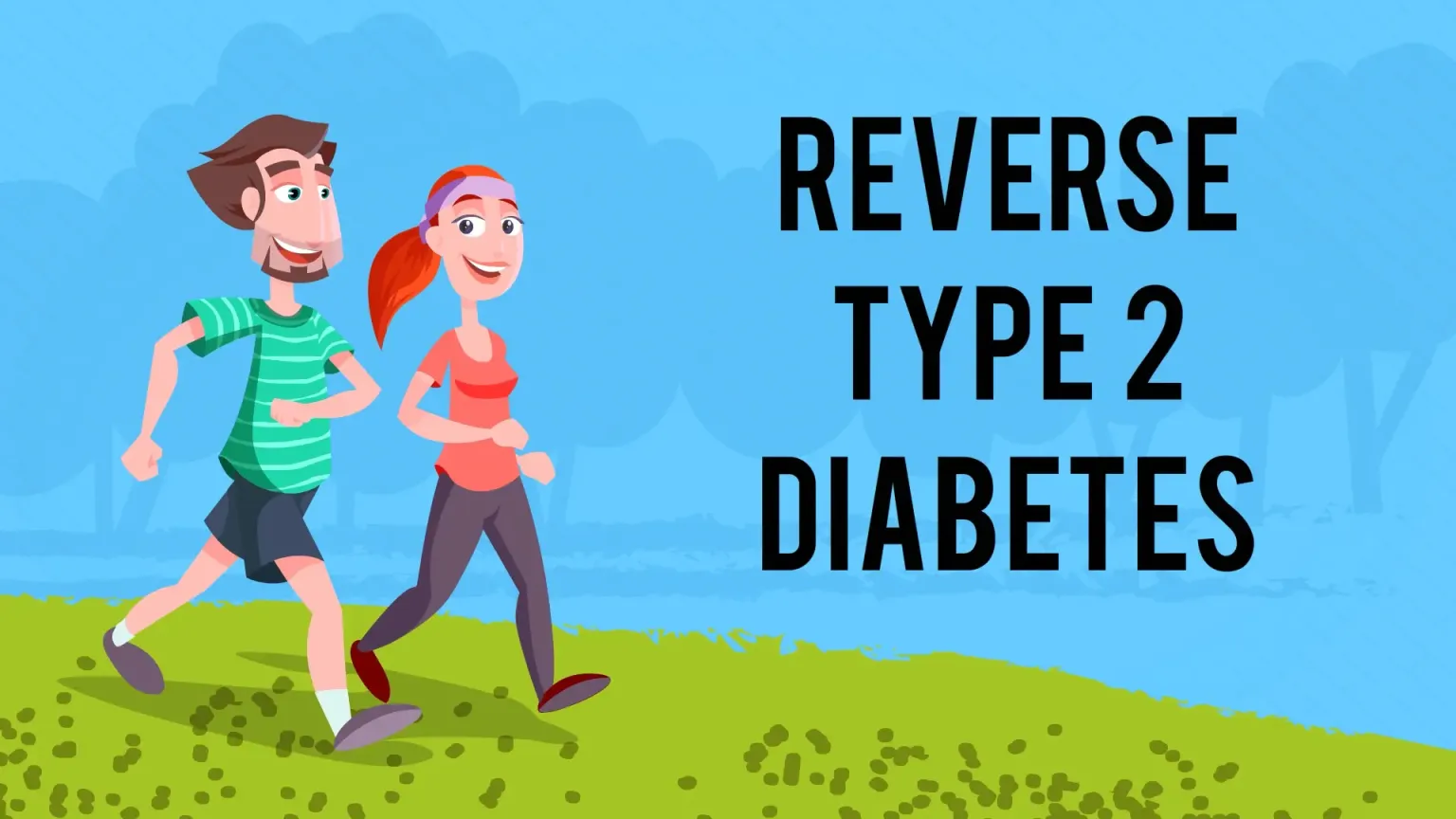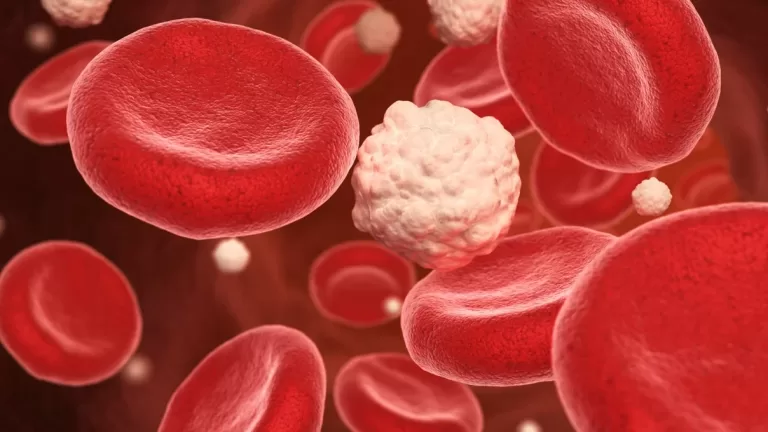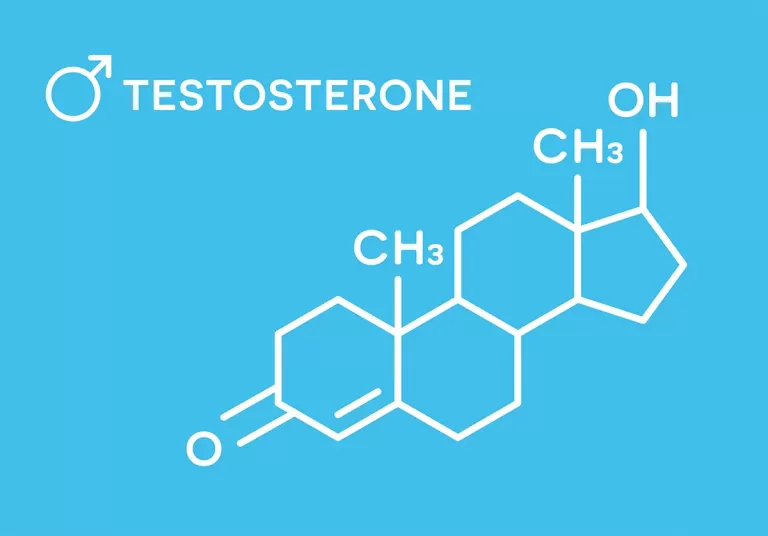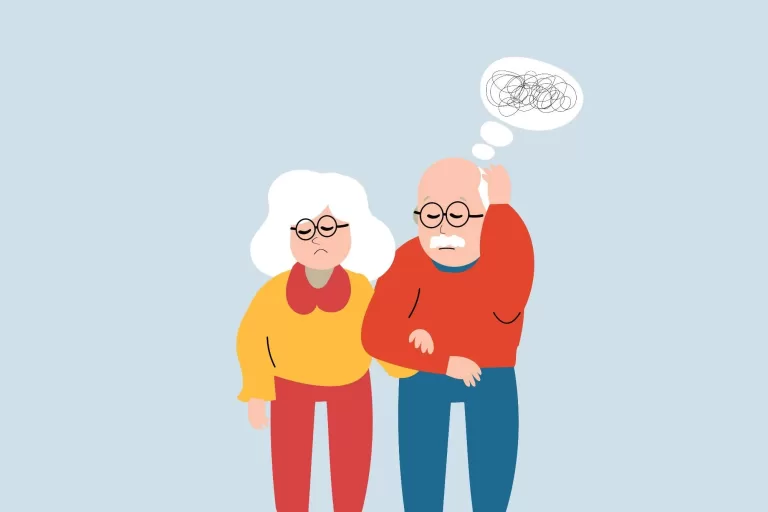
Is it possible to reverse Type 2 Diabetes?
This page may contain affiliate links. If you choose to purchase after clicking a link, I may receive a commission at no extra cost to you.
In the U.S., nearly half of the adult population (about 49%) is living with type 2 diabetes or prediabetes. Type 2 diabetes occurs when the body’s cells don’t respond properly to insulin, which leads to a buildup of glucose (sugar) in the blood instead of being used for energy by the cells. High blood sugar can bring a variety of health challenges, and if not addressed, may lead to type 2 diabetes.
The good news is that while type 2 diabetes is often thought to be a progressive condition, it doesn’t have to be! Multiple clinical trials have shown that it’s possible to reverse type 2 diabetes, offering hope for a healthier future.
What is diabetes reversal?
Diabetes reversal, as defined by an international panel of experts, means bringing glucose levels back to a range that is no longer classified as diabetic.
It is common to consider diabetes to be reversed when someone’s A1c level stays below 6.5% without the need for diabetes medications, except for metformin. Metformin is excluded from reversal criteria because it’s not specific to diabetes – many people choose to continue it for reasons beyond blood sugar management.
So, what does this really mean? Since type 2 diabetes is diagnosed based on high blood sugar, if your blood sugar stays normal without using diabetes-specific medications (other than metformin), and you no longer meet the diagnostic criteria, you’ve successfully reversed your type 2 diabetes!
What is A1c?
A1c is a measure of average blood glucose (sugar) levels over the past 3 months. Type 2 diabetes is diagnosed when A1c is 6.5% or greater.
Simple guide to HbA1c
A1c is just one way type 2 diabetes is diagnosed – there are also other ways to diagnose the condition.
How can type 2 diabetes be reversed?
There are three proven treatments that can help reverse type 2 diabetes:
Bariatric surgery
Bariatric (or metabolic) surgery can sometimes reverse type 2 diabetes, but it is expensive, may have significant side effects, and often loses its effectiveness after a few years. Since it’s an invasive procedure, it’s not typically the first option for diabetes reversal.
Very low-calorie diets
Very low-calorie diets, sometimes referred to as semi-starvation diets, can also lead to rapid weight loss and potentially reverse diabetes. However, they can only be followed for a few months, making long-term weight maintenance and blood sugar control more challenging. These diets are usually done under medical supervision and involve consuming fewer than 800 calories per day.
Very low-carbohydrate diets
The third option is a very low-carbohydrate diet. By significantly reducing carbohydrate intake (such as with well-formulated ketogenic diets), you can quickly lower blood sugar, reduce reliance on diabetes medications, lose weight, and manage hunger more effectively. Many of these benefits can be sustained over time. Typically, very low-carb diets involve eating less than 50g of total carbohydrates per day.
Reversal vs. remission vs. cure
It’s important to understand that “reversal” and “cure” are not the same. Type 2 diabetes can be reversed but not cured, meaning that if lifestyle changes are not maintained, the condition may progress again.
“Remission” is often used interchangeably with “reversal,” and while there are slight differences in definition, the goal is the same: to control diabetes and bring blood sugar levels back to normal. Remission occurs when blood sugar stays below the diabetes threshold for over three months without needing diabetes medications.
Can type 2 diabetes be reversed naturally?
Yes, type 2 diabetes can be reversed naturally—without the need for medications or surgery—through changes in diet and lifestyle. One of the most studied approaches for reducing A1c and reducing reliance on medication is carbohydrate restriction. While reversal may not be possible for everyone, especially those diagnosed more recently may have a better chance of achieving it naturally. Even if full reversal isn’t achieved, following natural methods can still lead to significant improvements like:
- Weight loss
- Better cardiovascular health and improved kidney and liver function
- Greater control over eating habits
Take control and reverse your diabetes naturally!
What is nutritional ketosis and how does it help reverse type 2 diabetes?
Carbohydrate restriction works wonders for people with type 2 diabetes due to a process called “nutritional ketosis.” Nutritional ketosis is a natural metabolic state where your body burns fat and ketones instead of carbohydrates as its main energy source.
At the core of this process are ketones, which are small molecules made from fat in the liver. Ketones provide energy for vital organs like the brain, heart, and muscles. They also help reduce oxidative stress and inflammation—two key factors that contribute to type 2 diabetes.
Since ketones serve as both fuel and a regulator for metabolism, nutritional ketosis is one of the most effective and sustainable ways to reverse type 2 diabetes. It’s clinically proven to lower blood sugar levels (measured by HbA1c), improve insulin sensitivity, and decrease inflammation. Since type 2 diabetes is driven by high blood sugar, insulin resistance, and inflammation, nutritional ketosis directly targets all of these issues, making it a powerful tool for diabetes reversal.
To enter a state of nutritional ketosis, you’ll need to make changes to your diet – starting with reducing carbohydrates.
The Safety of Diabetes Reversal
Diabetes reversal should always be done with proper medical supervision. As your blood sugar returns to a normal range, medications that lower blood sugar may no longer be needed. For example, medications like insulin and sulfonylureas, which quickly lower blood sugar, may need to be reduced or stopped, sometimes within just 2 days to 2 weeks. Improvements in blood pressure are also common, which means blood pressure medications might be reduced or eliminated as well. Other medications, such as SGLT-2 inhibitors, DPP-4 inhibitors, GLP-1 receptor agonists, and even metformin, can often be safely discontinued once normal blood sugar levels are maintained.
It’s important that any changes in diet, lifestyle, or treatment plan aimed at bringing blood sugar back to a healthy level are carefully monitored by your healthcare provider. This ensures that medications are adjusted safely as your body improves!
Making Diabetes Reversal Last
One common question about diabetes reversal, especially when it comes to diet and lifestyle changes, is whether it can be sustained long-term. Is lasting reversal really possible?
In a traditional doctor-patient setup, where you only see your healthcare provider a few times a year, maintaining diabetes reversal can be challenging. Without ongoing support, it can be tough to start and stick with the necessary lifestyle changes.
This is where telehealth can make a big difference. For example, Virta offers “continuous remote care,” providing patients with 24/7 support from health coaches and medical providers. This team monitors important health markers like weight and blood sugar, offering timely recommendations for adjusting medications in near real-time. This model of care, which is very different from the usual infrequent, or “episodic,” care, makes long-term diabetes reversal much more achievable. With the help of technology, it’s now possible to not only reverse diabetes but to sustain those improvements over time.
As your blood sugar normalizes, many blood-sugar-lowering medications may no longer be needed. Research has shown that sustained nutritional ketosis can lead to the removal of these medications. Medications like insulin and sulfonylureas, which rapidly lower blood sugar, are often discontinued first—sometimes within just 2 days to 2 weeks. Other medications like SGLT-2 inhibitors, DPP-4 inhibitors, GLP-1 receptor agonists, and metformin can also be phased out as long as you maintain healthy blood sugar levels.
If you’re currently on diabetes or blood pressure medications, it’s crucial to get medical supervision before making any dietary changes.
Final thoughts
Although diabetes is often thought of as a lifelong condition, many people with type 2 diabetes can reverse the progression of their disease. With the right care and support, it’s possible to do this naturally, without the need for surgery or medication!







Leave a Comment